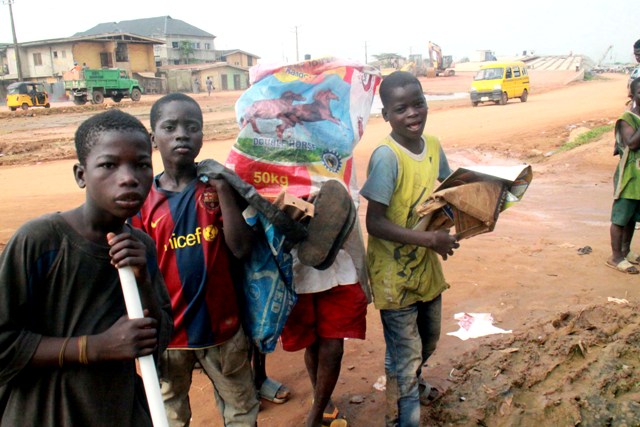Nigeria’s out-of-school children situation is disheartening
By Abdullahi Adamu The description recently by Senator Comrade Adams Oshimole, again at his best, advocating for good funding and monitoring of Universal Basic Education of the ever-rising number of…


